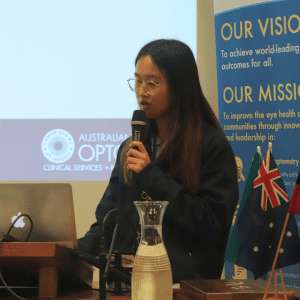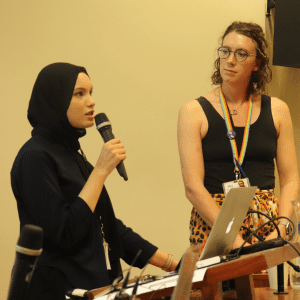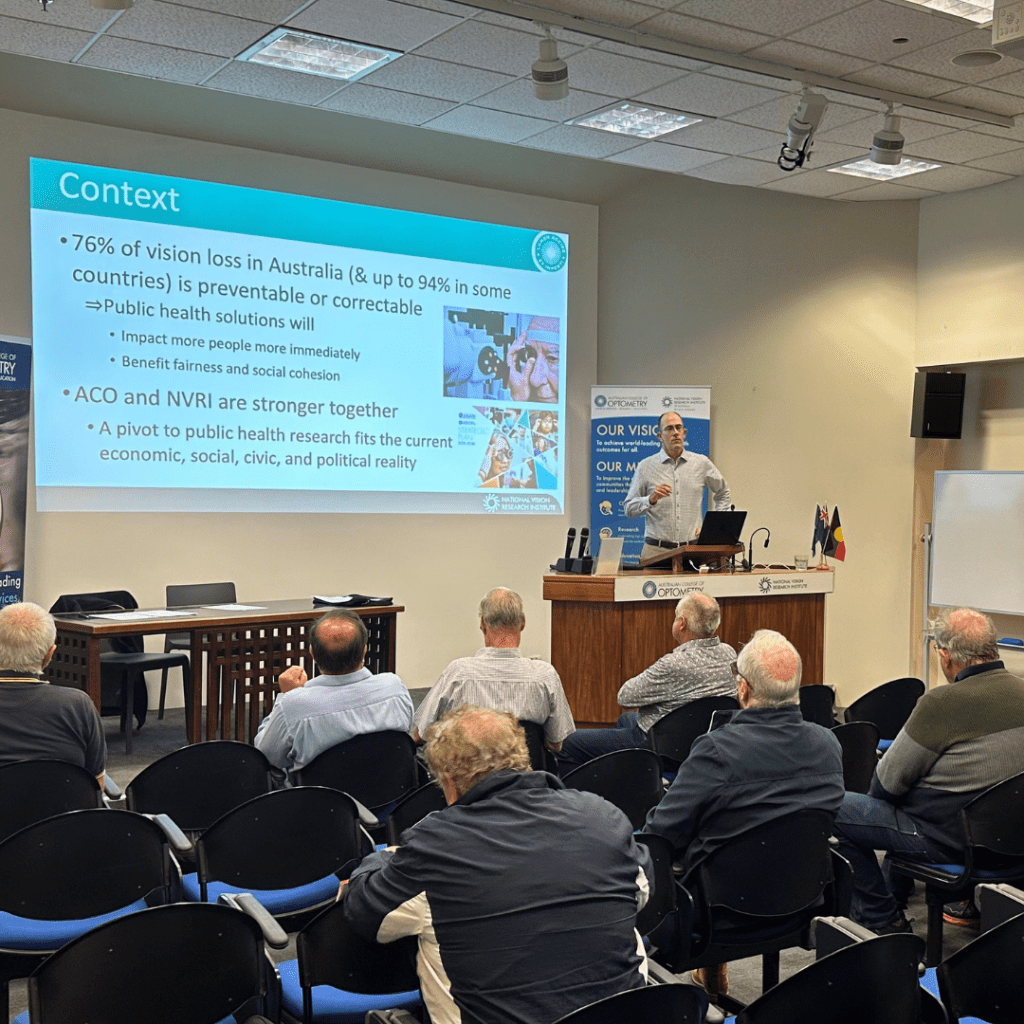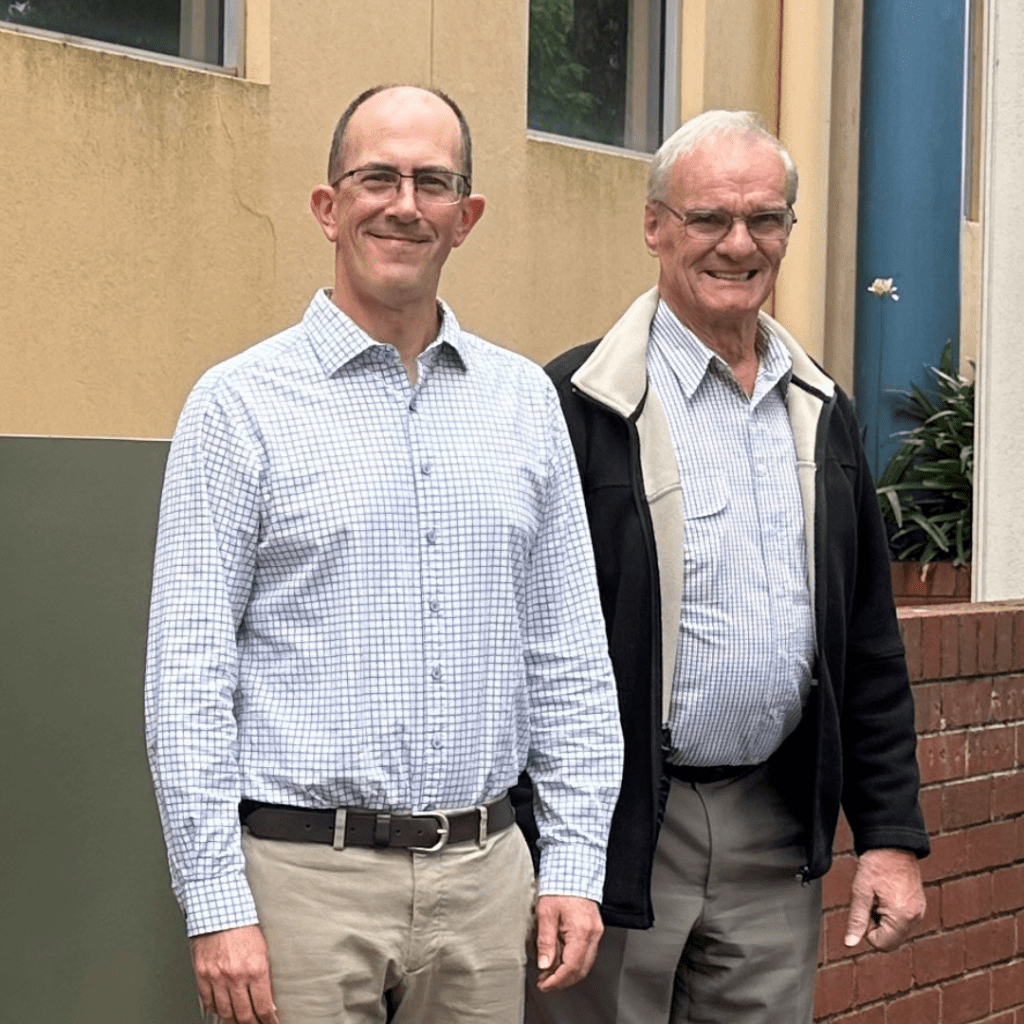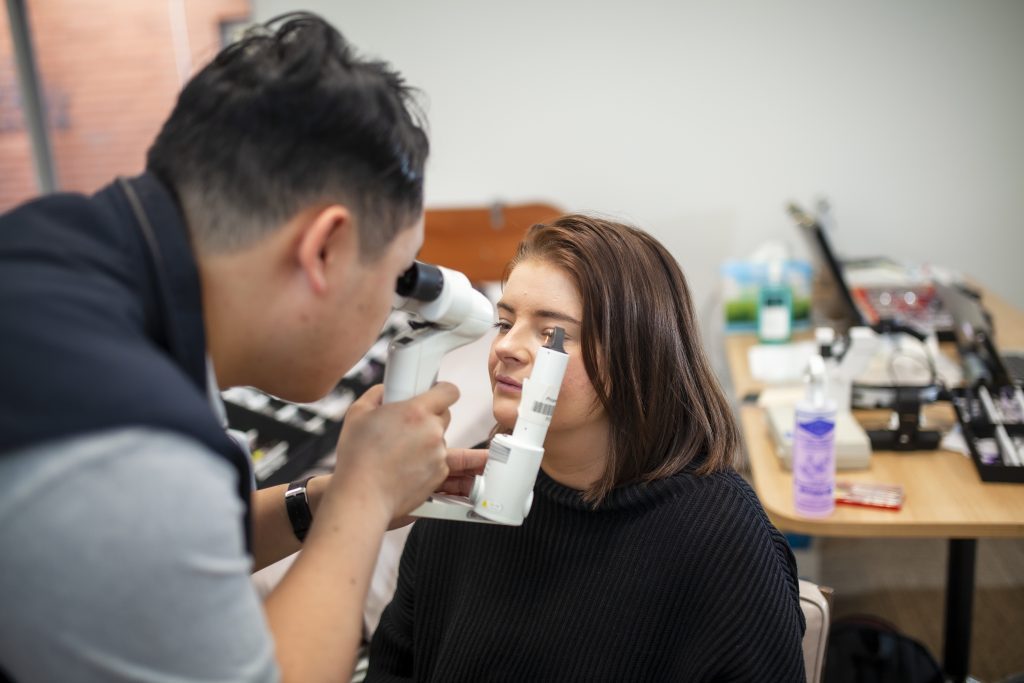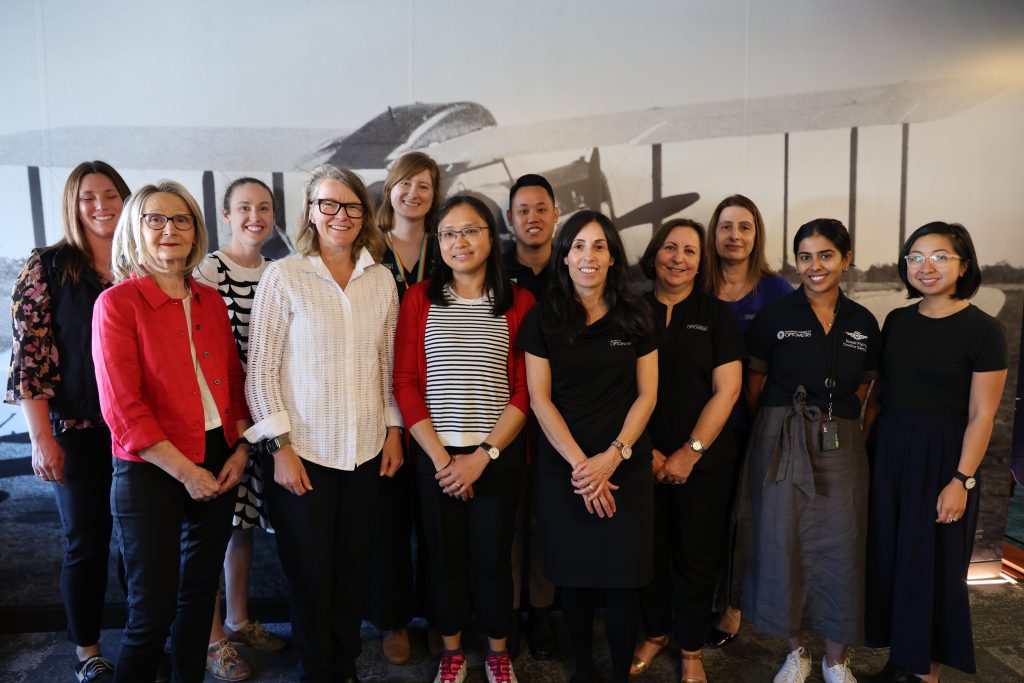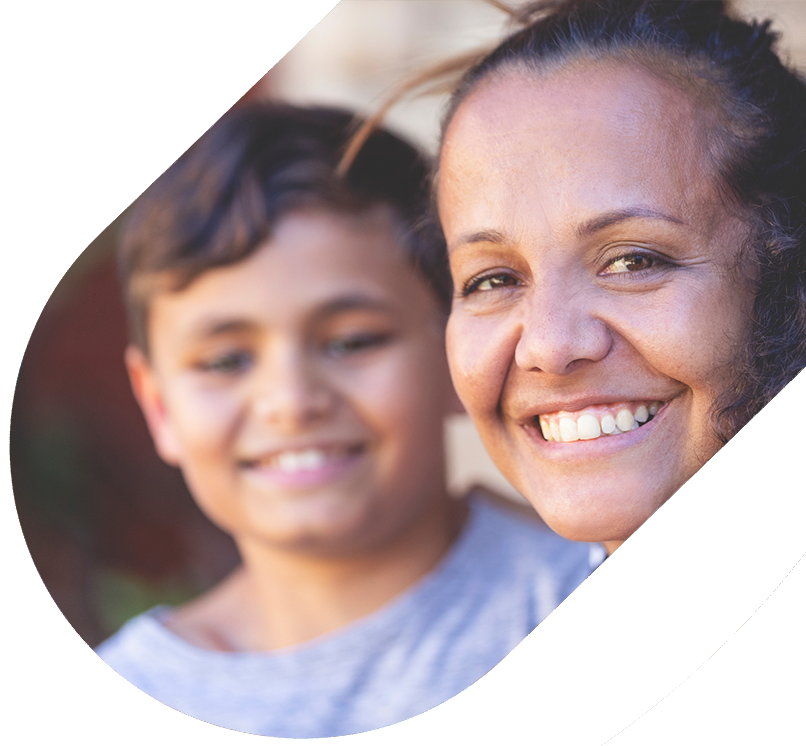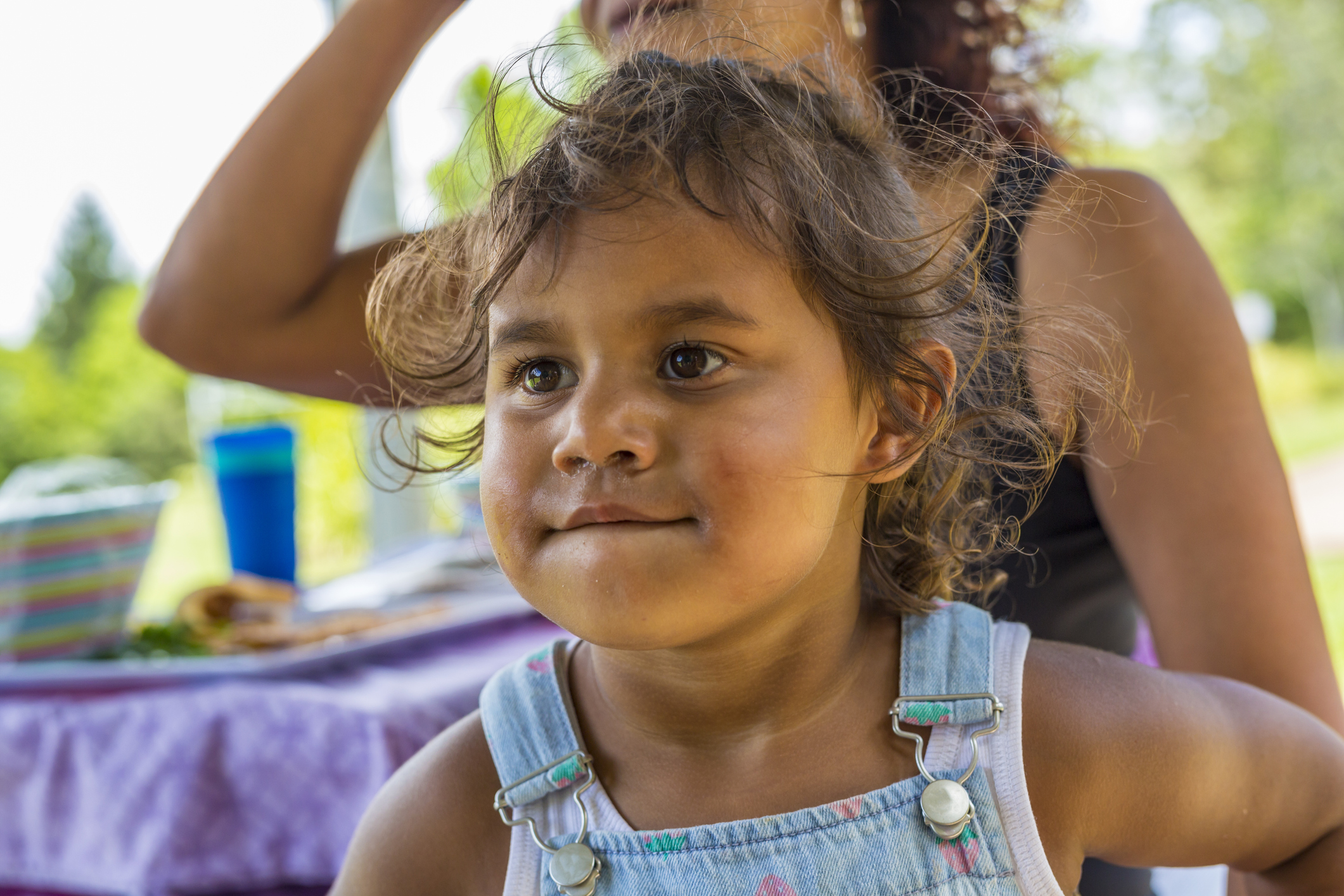What an incredible evening of learning and sharing at our Graduate Showcase on Tuesday 12 March! We couldn’t be prouder of our second-year graduate program optometrists for sharing their experiences working on such fascinating cases and fostering a culture of continuous learning.
We are blown away by the breadth of cases tackled by these early career optometrists. The standard of care provided, and the depth of insight displayed were nothing short of impressive. It’s clear that the future of optometry is in incredibly capable hands!
A heartfelt thank you to the optometry students, ACO members and our ACO colleagues who joined us for this event. Your engagement made the event all the more enriching and impactful; we hope you walked away feeling as inspired as we did.
Congratulations to each of our presenters:
– Diba Rezazadeh, ‘Myopia control in children with topical low-dose atropine’
– Xiaomin Liu, ‘”Not” so perfect vision after my cataracts are done? – Management of post cataract surgery complications.’
– Jan Wang, ‘Managing diplopia in Cranial Nerve 4 Palsy’
– Afreen Qamar, ‘Clinical assessment & management of acute neurological symptoms’
– Vinay Latchman, ‘Managing High IOP In An Outreach Setting’
